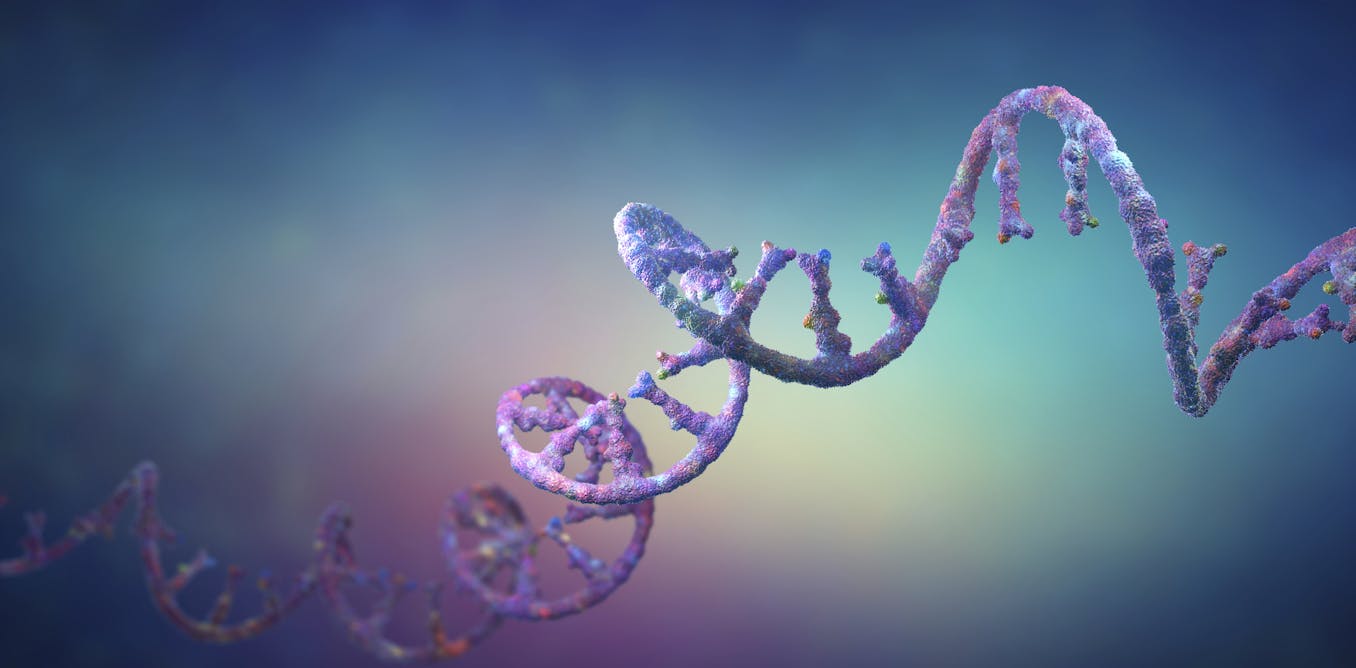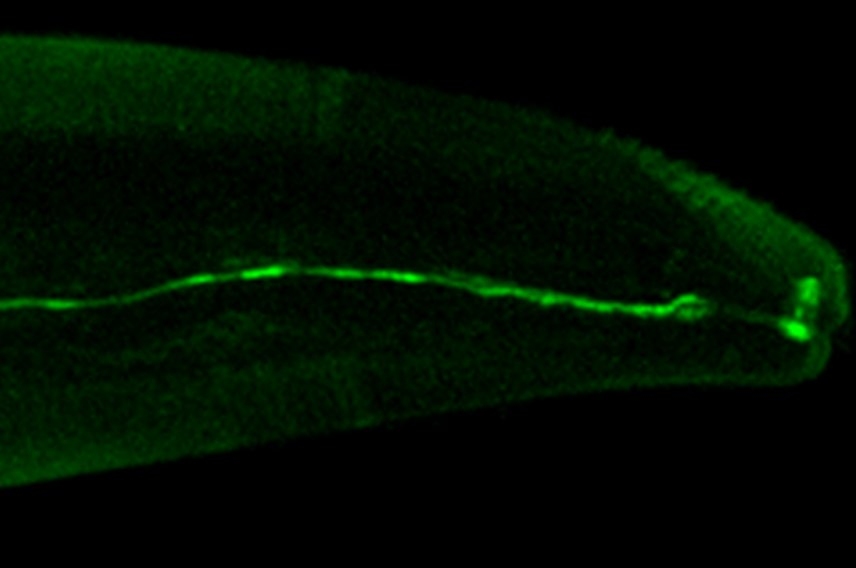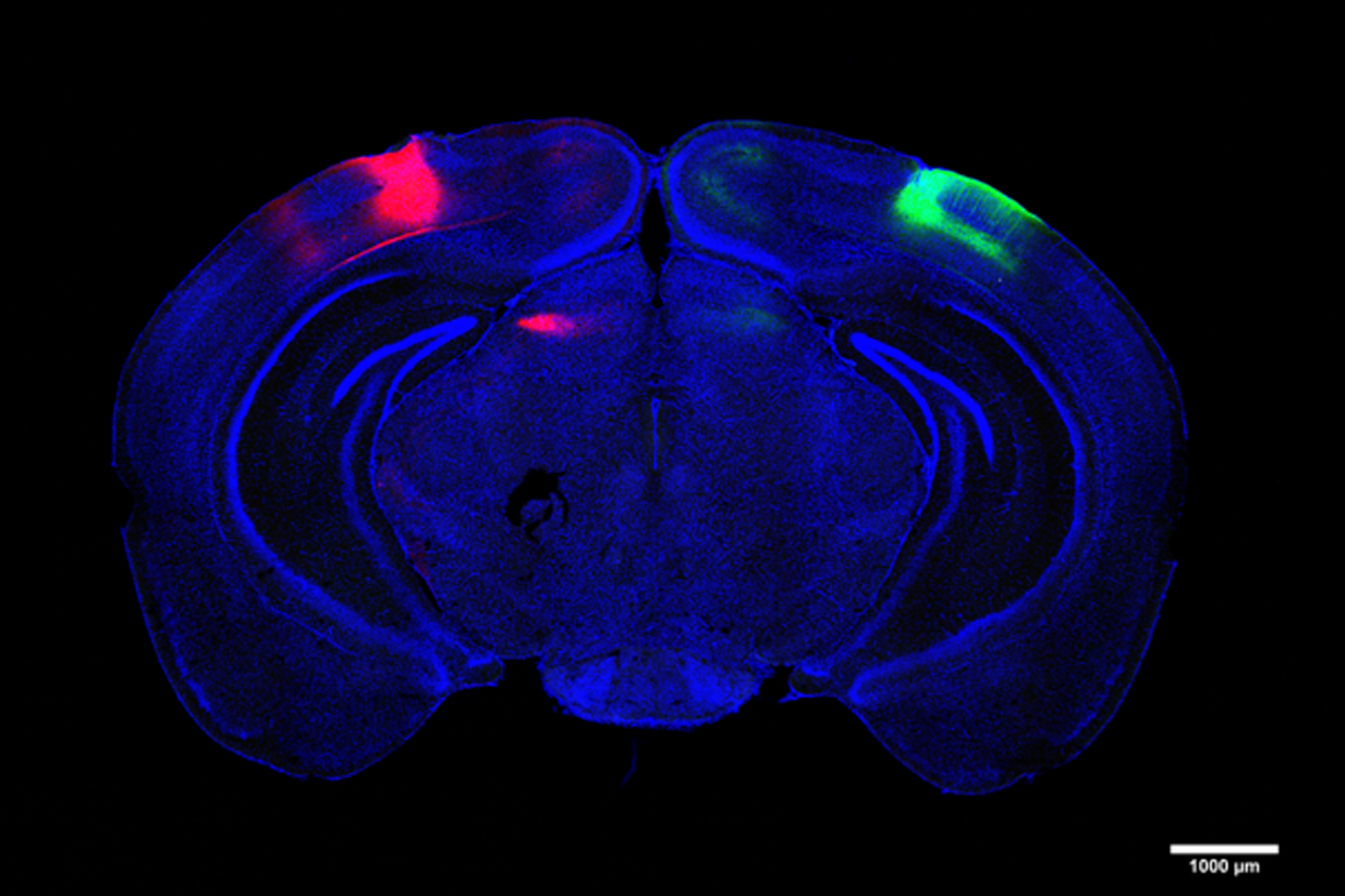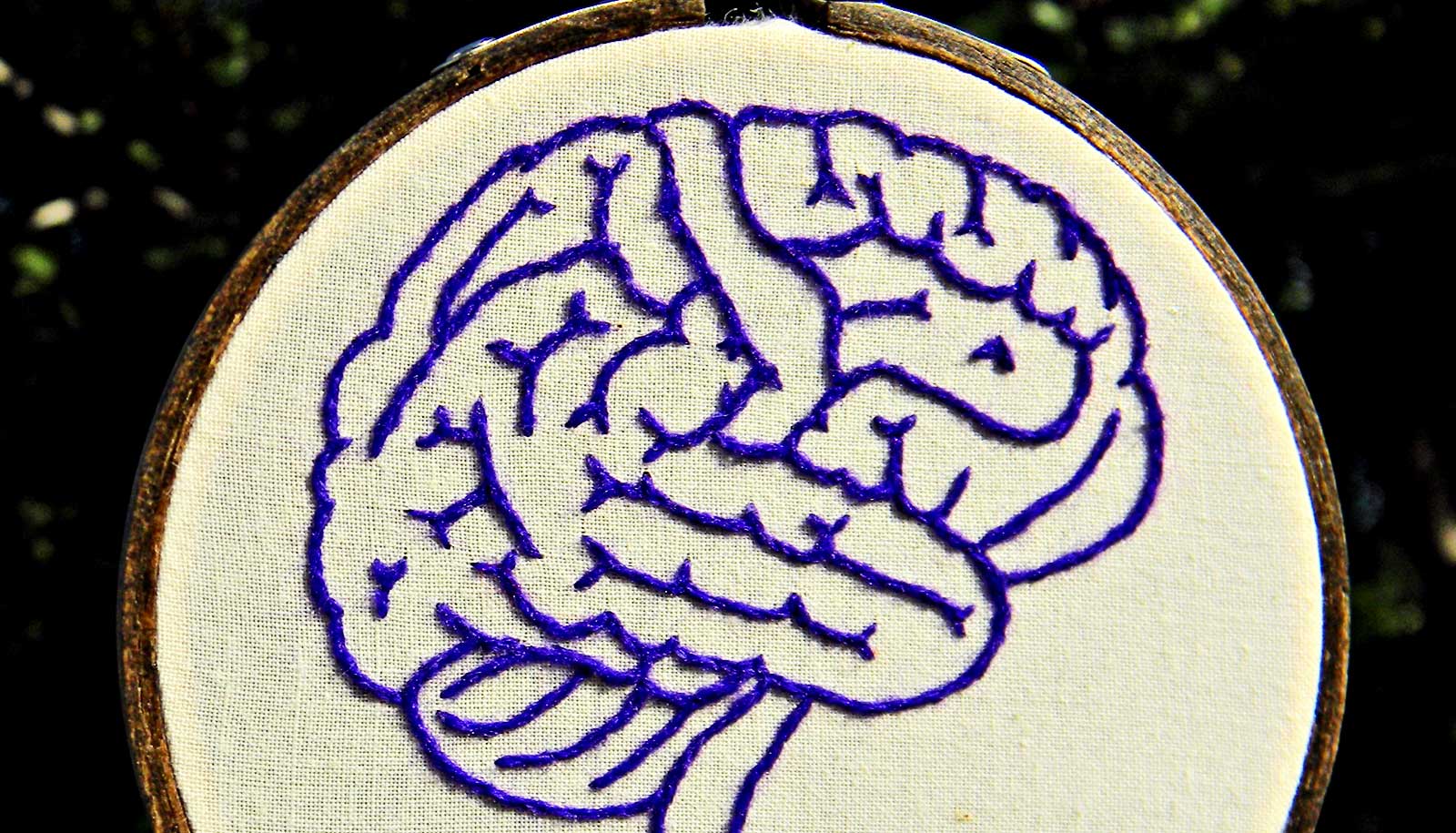How does RNA know where to go in the city of the cell? Using cellular ZIP codes and postal carrier routes
Making sure RNA molecules are in the right place at the right time in a cell is critical to development and normal function. Researchers are figuring out exactly how they get to where they need to go.
March 6, 2023 • ~9 min








